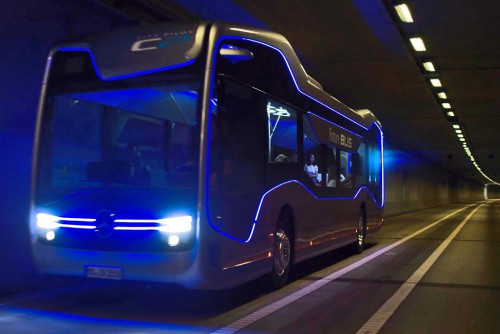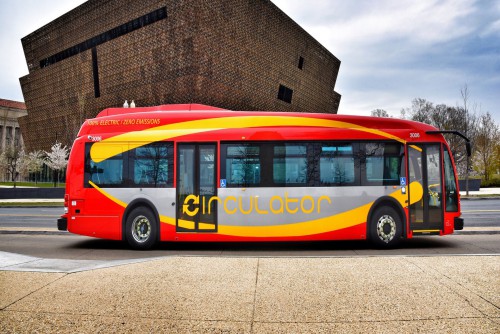


In recent years, the automotive industry has witnessed a transformative shift towards sustainable and environmentally friendly transportation, and at the forefront of this revolution are Electric Vehicles (EVs). EVs have emerged as a compelling alternative to traditional internal combustion engine vehicles, offering a clean and efficient mode of transportation that is reshaping the way we think about mobility.
One of the defining features of EVs is their reliance on electric motors powered by high-capacity batteries. These batteries, typically lithium-ion, store electricity that propels the vehicle, eliminating the need for traditional fuels and minimizing harmful emissions. This eco-friendly approach aligns with global efforts to reduce carbon footprints and combat climate change.
Battery Electric Vehicles (BEVs) lead the charge in this revolution, boasting zero tailpipe emissions and offering a sustainable solution for urban commuting. These vehicles are equipped with advanced battery technology, enabling longer ranges and faster charging times. As charging infrastructure continues to expand, range anxiety – a common concern about running out of battery power – is becoming less of a barrier, fostering greater confidence in EV adoption.
Plug-in Hybrid Electric Vehicles (PHEVs) bridge the gap between conventional and electric vehicles. These vehicles combine an internal combustion engine with an electric motor, allowing drivers the flexibility to use electricity for short trips and switch to traditional fuels for longer journeys. This dual-power approach accommodates diverse driving needs and encourages a smoother transition to fully electric transportation.
Governments around the world are recognizing the importance of transitioning to cleaner transportation and are offering various incentives to promote EV adoption. These incentives include tax credits, rebates, and subsidies, making EVs more financially attractive to consumers. As a result, automakers are investing heavily in EV technology, with many unveiling new models and committing to an all-electric future.
The benefits of EVs extend beyond environmental considerations. Drivers can enjoy lower operating costs, reduced maintenance expenses, and a quieter, smoother driving experience. The ever-improving technology in EVs is driving innovation in battery efficiency, ensuring that future models will offer even greater performance and reliability.
The electric revolution is not just a trend; it represents a fundamental shift towards a more sustainable and efficient transportation system. As the EV landscape continues to evolve, we can expect to see further advancements in technology, expanded charging infrastructure, and a growing array of electric vehicle options for consumers. With each passing day, the electric vehicle is cementing its place as a key player in the future of transportation, driving us towards a cleaner, greener, and more sustainable world.








 |
|

We may use cookies or any other tracking technologies when you visit our website, including any other media form, mobile website, or mobile application related or connected to help customize the Site and improve your experience.
learn more